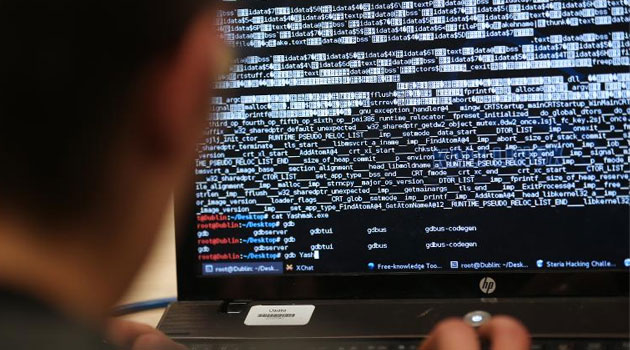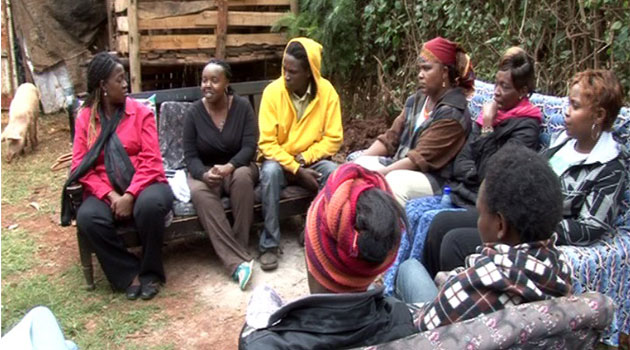 NAIROBI, Kenya, Aug 25 – A firm that provides global bar codes and tracing of products, wants to make alcohol manufactured in Kenya traceable.
NAIROBI, Kenya, Aug 25 – A firm that provides global bar codes and tracing of products, wants to make alcohol manufactured in Kenya traceable.
GS1 Kenya says this will protect Kenya’s genuine alcohol from getting counterfeited.
According to the company’s chairman, Sospeter Kioko, before issuing a company with a bar code, certain procedures must be followed.
“GS1 will first need to identity and verify the raw materials used to make the alcohol and ensure that they are in good condition to process alcohol. We shall then identify whether the raw materials are the proper ingredients for making alcohol,” Kioko said at a business forum in Nairobi.
Upon verification of the ingredients, GS1 will then seek whether the wholesalers and retailers who will be selling the alcohol are licensed to do so and whether they have the proper equipment for storing the alcohol.
“This will helps us monitor the movement of the alcohol so as to ensure that it is safe and the product is kept safe while the consumers are safeguarded too,” said Kioko.
The final stage of identification will be checking the mode of transport used to move the alcohol from one point to the next one to ensure that its safety is retained.
The next stage will be capturing the information, whereby a special bar code and a number that makes the alcohol easily traceable comes into place. The unique bar code will prove that the product is safe. The safety of the alcohol can be ensured by sending the number given by GS1, which is unique to the bottle, via SMS or by scanning the bar code and sending it online to GS1.
“Here, anyone interested in the information will be able to get all the information they need about the beverage on their hands meaning they can trace its source to how it got onto their table,” said Paul Pasaka, the Technical Manager at GS1.
Finally, GS1 will share the information it has gathered with the people on the chain – manufactures of the raw materials, the manufacturers of the alcohol, wholesalers and retailers.
“Upon completion of sharing information, this means that the product is safe and of good quality. It also means that it has complied with global standards which make the product competitive in the global market,” he added.
Advantages of making alcohol traceable
This initiative by GS1 comes at a time when Kenya is increasingly becoming an emerging market for global brands of alcohol. It also comes at the back of increasing cases of counterfeiting of alcohol.
“By making alcohol traceable, we will be safeguarding the genuine alcohol in the market, which will in turn ensure that Kenyans drink quality alcohol,” says Kioko.
It will also make manufacturers liable in case consumers are harmed by the alcohol. Additionally, it will assist in protecting brands which is their intellectual property.
The plan, which is already succeeding in South Africa, is set to help Kenya’s alcohol brands competitive at the global arena. According to Kioko, it will also help clear Kenya’s name as far as alcohol is concerned following the damage caused by illicit brews in the country.
“Even though making alcohol traceable will not clear out the illicit brew menace, the good alcohol that we have will have a good standing globally. The system is about telling the two apart,” Pasaka explained.
GS1 is therefore asking alcohol manufacturers to come on board and get their alcohol traced in order to protect their work.
“I also urge local brewers to join us as this is a step closer to getting their efforts approved internationally.”
His sentiments were echoed by Peter Lamuka, from the University of Nairobi’s Department of Food Science, Nutrition and Technology.
According to Lamuka, traceability will be a step towards making Kenya’s alcohol brands trusted.
“The problem with Kenya’s alcohol is that you find brewers using raw materials that are not meant for making alcohol. By making them traceable this way, the raw materials are first verified which will ensure that alcohol made in the country is safe,” he said.
He further explains that the western culture demands for all raw materials used to make products to be traced, a culture that has for a long time lacked in Kenya and the rest of the continent.
It will also be helpful in figuring out what went wrong in case there is any damage that is incurred.
According to Tom Muteti from Anti Counterfeit Agency, tracing alcohol in Kenya is a major problem.
“If manufacturers therefore apply the standards stipulated by GS1, then we will have solved our alcohol problems, even if its half way,” he concluded.



































